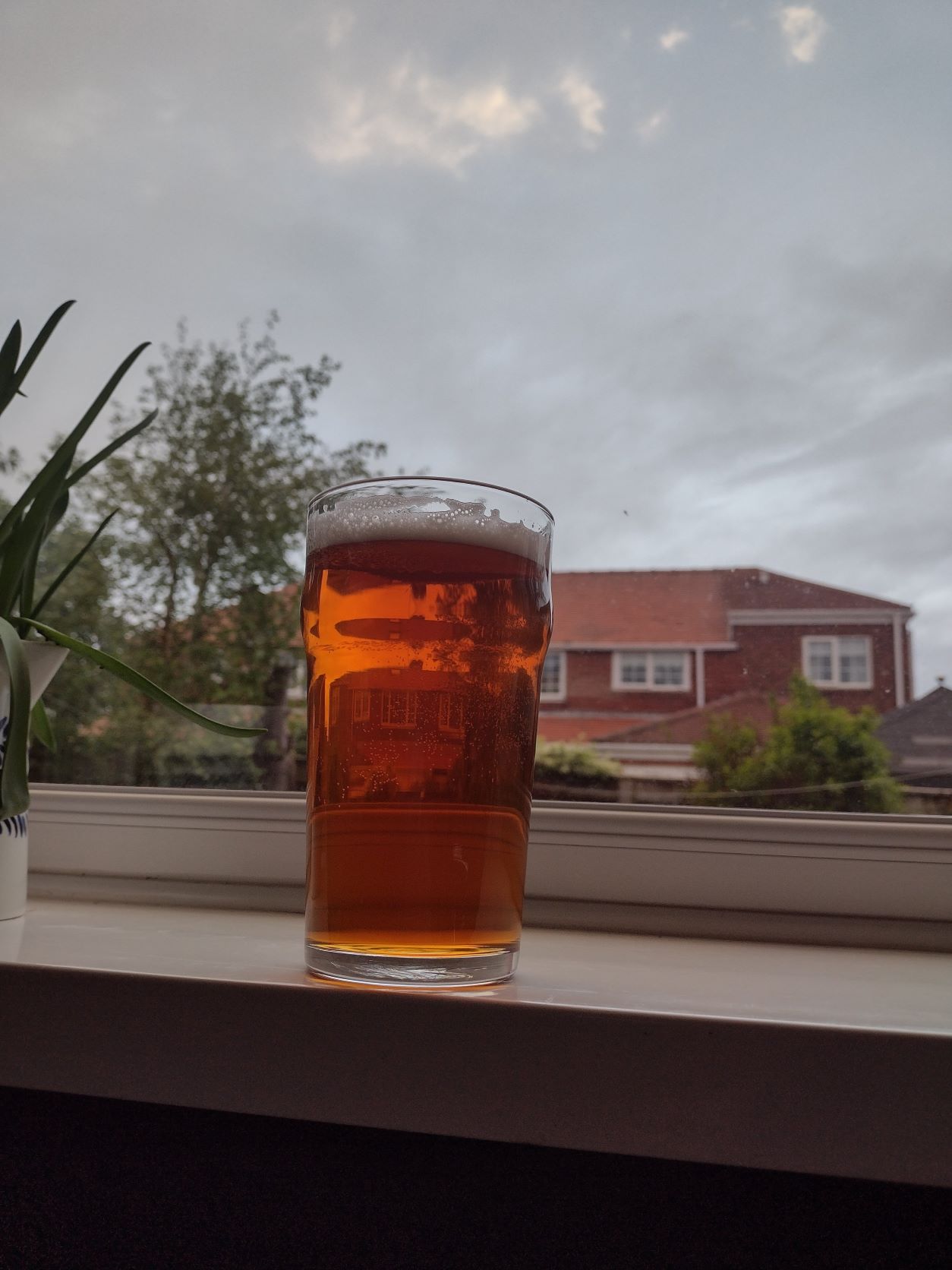I agree that shorter boils are typically fine (I bet modern malts help in this regard). But they can be "different," and I think that the style of beer might play a role in how much you like the outcome, too. I also feel better about bottle bombs with a longer boil.
I hated the long brew days as I was learning the hobby, which energized me to explore lots of time saving ideas. I saw videos on YouTube about raw ales and short boil pale ales, which assured me that the concept is possible. So I tried everything and they all basically work fine.
Sometimes I make a hop tea in 500ml water. This way I can get some more IBUs while it sits during mash. Then if I were still rushing, I would add the tea at 180 degrees while I'm heating towards a boil (thinking that 180+ gives you bitterness). Between the two steps, maybe this can give me an extra 10 or even 20 minutes of bittering time for my setup, and shaves the same amount of time from the boil. *Use a calculator to ensure you don't get more IBUs than you want.
I feel OK combining the steps above with a 15-20 min boil.
I do think you enter different territory (but not necessarily bad territory) when you are boiling for just a few minutes. In my tasting notes, I reported some 5 min boils as seeming a bit thicker or syrupy somehow, though with time this went away and they were excellent beers. I see I also reported a few infected bottles, which are pretty rare for me, in a 5 min boil batch and a raw ale batch. E.g., I haven't had any noticeable infections in 14 tries since 3/22, when I did a 5 min boil.
Most of my recent simple pale ales and lagers have been 25-35 min boils.
I always tell myself just 15 minutes, but can't resist leaving it on for an extra 5-10 min since it's already boiling and all.

And I feel the extra minutes are insurance. It has been a fine length *for that style,* which is not necessarily a true German lager or proper British pale ale, but are mainly just easy drinking, easy to brew recipes that can take a rubbing and still come out well. Your cascade brew sounds like it fits that category.

























![Craft A Brew - Safale S-04 Dry Yeast - Fermentis - English Ale Dry Yeast - For English and American Ales and Hard Apple Ciders - Ingredients for Home Brewing - Beer Making Supplies - [1 Pack]](https://m.media-amazon.com/images/I/41fVGNh6JfL._SL500_.jpg)
































